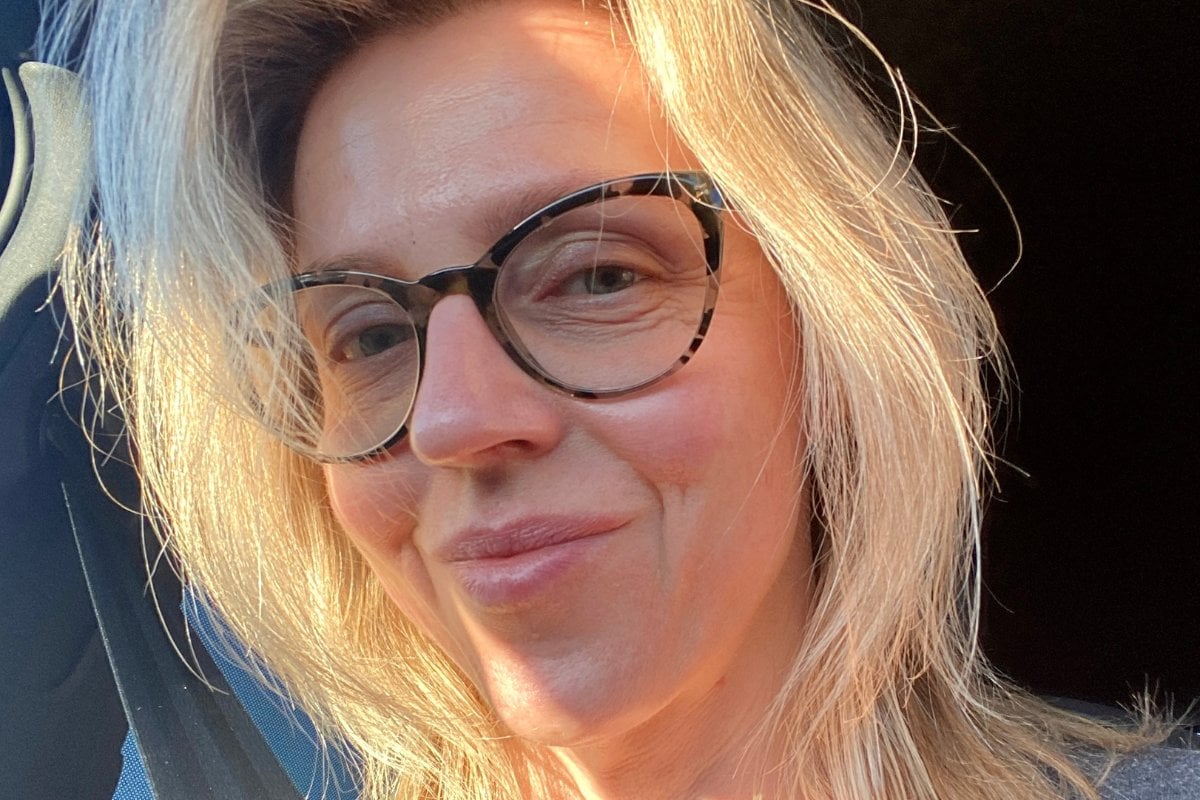
This story was told to Shona Hendley. Names have been changed and some specific details have been omitted for anonymity. The feature image used is a stock image.
Like Belle Gibson, I too faked a cancer diagnosis.
I lied to my family and friends, and I even lied to myself.
It was over ten years ago now, but I still carry with me an enormous sense of guilt about what I did.
WATCH: Doing life with and without hair. Post continues below.
I also feel sad for myself back then because I was sick, just in a different way. I was in such in a poor place mentally. I wasn’t me.
Looking back on it, and telling you, makes me feel nauseous. There’s a sinking feeling; my blood feels like it’s draining from my body. But more than anything I feel heartbroken that I felt this was my only option. The only way to make me feel loved.
I want to explicitly state that I am in no way trying to defend my choices; I know what I did was completely wrong. More than wrong. It was incomprehensible for so many reasons.
With the power and healing nature of time, therapy and maturing I can see that. But then, aged 22, I couldn’t.




























































































